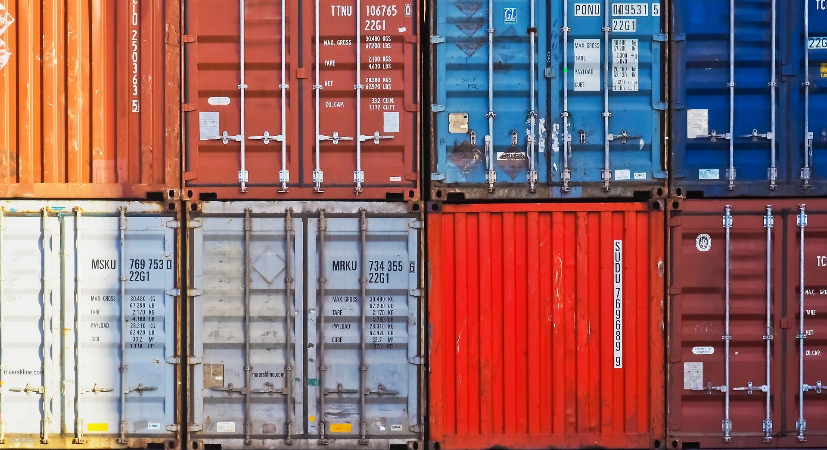
The Biden administration today released a series of destructive trade policy recommendations.
Tripling tariffs on steel and aluminum from China. This policy is bad news for many U.S. businesses and consumers, but particularly concerning for shipbuilders and boat manufacturers. Surging steel prices have increased the cost to build new ships, and tariffs on imports from China have affected more than 300 commonly used components, materials, and parts used in the U.S. boat manufacturing industry.
Biden’s new tariffs will harm not just the U.S. shipbuilding and boat manufacturing industries, but construction workers, autoworkers, and every American consumer who uses products containing steel or aluminum.
If there is any consolation, it is that his policy may not be as destructive as it first appears since steel and aluminum imports from China are already relatively low.
87 percent of U.S. steel consumption is produced domestically. 58 percent of U.S. steel imports are from Canada, Mexico, Brazil, and Korea.
56 percent of aluminum is imported, but more than half of that is provided by Canada. China accounts for less than four percent of U.S. aluminum imports.
Nevertheless, the action will add to the $211 billion U.S. taxpayers have already paid as a result of Section 301 tariffs imposed on imports from China.
Launching a Section 301 investigation into China’s unfair trade practices in the shipbuilding, maritime and logistics sectors. The last Section 301 investigation of China’s economic practices failed to achieve any of its purported goals. A more effective policy would be for his administration to investigate unfair U.S. trade practices affecting the shipbuilding, maritime and logistics sectors. These include steel and aluminum restrictions imposed on U.S. allies like Israel and Japan based on bogus “national security” concerns, the Jones Act, which adds 63 cents per gallon to east coast gasoline prices, and the Dredging Act, which impedes U.S. maritime infrastructure.
Declaring that the U.S. Steel Corporation should remain domestically owned and operated. This statement undermines U.S. investment laws, which provide clear guidelines for evaluating proposed foreign investments of this nature. 98 percent of voting shareholders in U.S. Steel just voted to approve the company’s merger with Nippon Steel. Blocking new investment in the U.S. steel industry by one of the world’s largest steel companies will hurt, not help, domestic steel production. It is the kind of arbitrary action one would expect from a socialist government, not from the leader of the free world.
Moreover, these actions appear to be entirely inconsistent with U.S. national interest as described in the most recent Economic Report of the President: “There are well-documented gains from trade and cross-border investment flows. The benefits of global integration include lower inflation, a greater variety of goods and services, more innovation, higher productivity, good jobs for American workers in exporting sectors, foreign direct investment in U.S. industries, and a higher likelihood of achieving our climate goals.”
The United States deserves an administration that works to remove barriers to beneficial trade and investment flows, not one that unilaterally imposes new economic restrictions on Americans.

